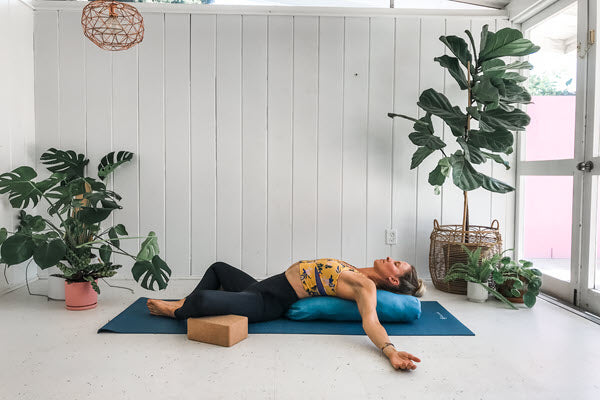How Does Sleep Impact Longevity?

Author: Shannon Daggett
Scientists may not yet know why we sleep, but they do know that this daily ritual is crucial for a long, healthy life. In fact, research has consistently shown that people who get both quality and quantity shuteye are less susceptible to serious illnesses like heart disease, high blood pressure, diabetes, and obesity. Curious to know how exactly sleep affects longevity? Here are a few explanations.
Sleep and the immune system
Most of us know the effects that poor sleep has on us the next day: We feel drowsy, our memory banks don't work so well, and we struggle to perform routine mental and even physical tasks. However, we rarely take notice of the long-term effects and the impact on our longevity because these are more subtle, and we've become accustomed to sleeping poorly. We slowly pack on the pounds and suffer more from common colds and the flu without connecting our poor sleep habits to our growing number of ailments.
Sleep quality has long been linked to weight and the immune system. Research has shown that sleeping less alters the metabolic pathways that regulate appetite; we end up feeling hungrier as a result.
We are also more likely to get sick. A recent study by scientists at the Archives of Internal Medicine found that, of the 153 men and women who participated, those who slept less than seven hours a night on average were three times more likely to get sick than those who averaged at least eight hours.
While we sleep, our bodies are hard at work
How can sleep impact our living longer? Many experts believe that sleep gives the brain a chance to recharge and optimize our body's functions. Dr. Michael Twery, director of the National Center on Sleep Disorders Research, says that a region of the brain known as the suprachiasmatic nucleus orchestrates hormones and other changes throughout our bodies to prepare it for sleep.
By keeping this system aligned and falling asleep when our bodies signal us to do so, we are optimizing our metabolic rates and cardiovascular systems, among other functions, within our bodies. However, if we struggle with a sleep disorder — as do an estimated 50 to 70 million Americans — we aren't letting our bodies do their best work. This eventually puts us at risk for more serious illness that impacts our longevity.
REM: Our brain's unsung hero
Getting a good night's sleep isn't just measured by how much we sleep, but also by how well we sleep. In fact, the deepest phase of sleep, the REM phase, is the brain's unsung hero, for this is where the most intense neural activity occurs: blood circulation increases, as well as oxygen levels. Furthermore, our brain tissue absorbs more amino acids. Scientists say this is why good sleepers are not only sharper thinkers, but are also less at risk for neurological diseases down the road, notably Alzheimer's Disease.
Deep slumber = Beauty sleep
It's no wonder that Sleeping Beauty looked so youthful after being asleep for 100 years. While we sleep, free radicals responsible for premature aging are destroyed. After a good night's sleep, we appear rejuvenated and refreshed.
Also, the body's cells are more productive during deep slumber, when there is a reduced breakdown of proteins. Proteins are considered the building blocks of our bodies: They are charged with making more cells and repairing skin damage due to sun exposure and stress. This means that any recent skin damage will be repaired during this time.
Sleep well during your golden years
Many of us believe that we need less sleep as we get older. This is certainly true for most life phases: 16-18 hours for newborns, 10-12 hours for young children, nine hours for older children and teens and seven-to-eight hours for adults. However, senior citizens need as much sleep as teenagers. Elders who sleep nine or more hours are more likely to fully enjoy their golden years and live longer.
Unfortunately, the aging process can hinder our sleep. For example, the hormone melatonin helps set the body's sleep clock, yet its levels slowly decrease with age. In fact, some older adults make minimal amounts or none at all. Natural melatonin supplements may counteract this effect.
Though the aging process is unavoidable for all of us, we can slow it down by getting optimal sleep each night, paving the way toward looking younger, feeling better and, ultimately, living longer.
Also in Blog

Body Peace & Personal Empowerment

Yoga for Swimmers: Poses for Strength and Mobility

